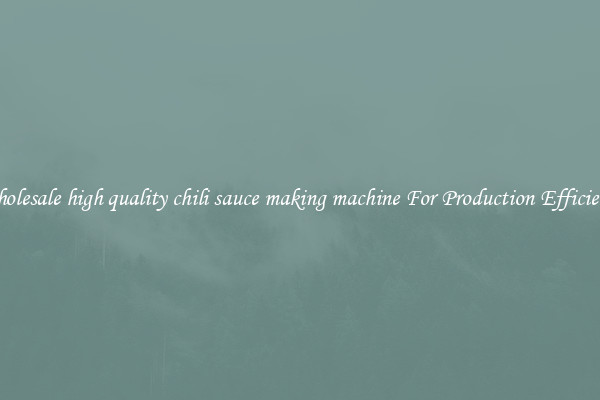Wholesale pulses processing For Production Efficiency
Wholesale Pulses Processing for Production Efficiency

In the world of food production, efficiency is crucial to meet the ever-growing demand for nutritious and affordable foods. Wholesale pulses processing plays a significant role in achieving this goal. Pulses, which include lentils, chickpeas, beans, and peas, are a staple in diets worldwide and offer numerous health benefits. However, processing these pulses in large quantities requires specialized techniques to ensure efficiency and meet consumer demands.
Wholesale pulses processing involves several stages, including cleaning, sorting, grading, and packaging. Each step is essential to produce high-quality pulses that are free from impurities, uniform in size, and visually appealing. By streamlining these processes, manufacturers can ensure consistency in their final products and reduce wastage significantly.
One of the key aspects of processing pulses efficiently is the cleaning process. Pulses often contain foreign materials such as stones, dirt, and other impurities that need to be removed before further processing. Advanced cleaning technologies, such as gravity separation, air classification, and optical sorting, enable manufacturers to achieve optimal cleaning results. These methods effectively remove unwanted particles and ensure that the pulses are of the highest quality.
Sorting and grading are equally important steps in wholesale pulses processing. Pulses come in various sizes and colors, and it is essential to segregate them accordingly to meet specific market requirements. Automated sorting machines use advanced imaging technology to classify pulses based on size, shape, and color, ensuring consistency in the final product. These machines can process pulses at high speeds, increasing production efficiency and reducing manual labor.
Packaging is another crucial aspect of wholesale pulses processing. Proper packaging not only protects the pulses from damage and contamination but also enhances their shelf life. Automated packaging machines can weigh and pack pulses accurately, reducing human errors and increasing overall production efficiency. These machines are designed to handle large quantities of pulses quickly, enabling manufacturers to meet market demand effectively.
By embracing technological advancements in wholesale pulses processing, manufacturers can increase their production efficiency significantly. The use of automated machinery reduces manual labor, minimizes human errors, and enables faster processing times. This, in turn, allows manufacturers to produce and distribute pulses in larger quantities, meeting the rising demand for these nutritious food items.
Furthermore, efficient pulses processing can also reduce wastage and increase profit margins. By effectively cleaning, sorting, grading, and packaging pulses, manufacturers can minimize product loss and ensure that their products meet the desired quality standards. This not only benefits the manufacturer but also the consumers who receive high-quality pulses that are free from impurities.
In conclusion, wholesale pulses processing plays a vital role in ensuring production efficiency in the food industry. By embracing advanced cleaning, sorting, grading, and packaging technologies, manufacturers can streamline their processes, reduce wastage, and meet market demands effectively. This not only improves their profitability but also provides consumers with high-quality pulses that are nutritious, safe, and visually appealing. As the global population continues to grow, the importance of efficient pulses processing cannot be overstated in ensuring a sustainable and efficient food production system.

View details

View details

View details

View details








